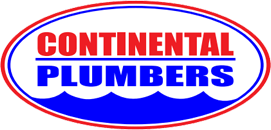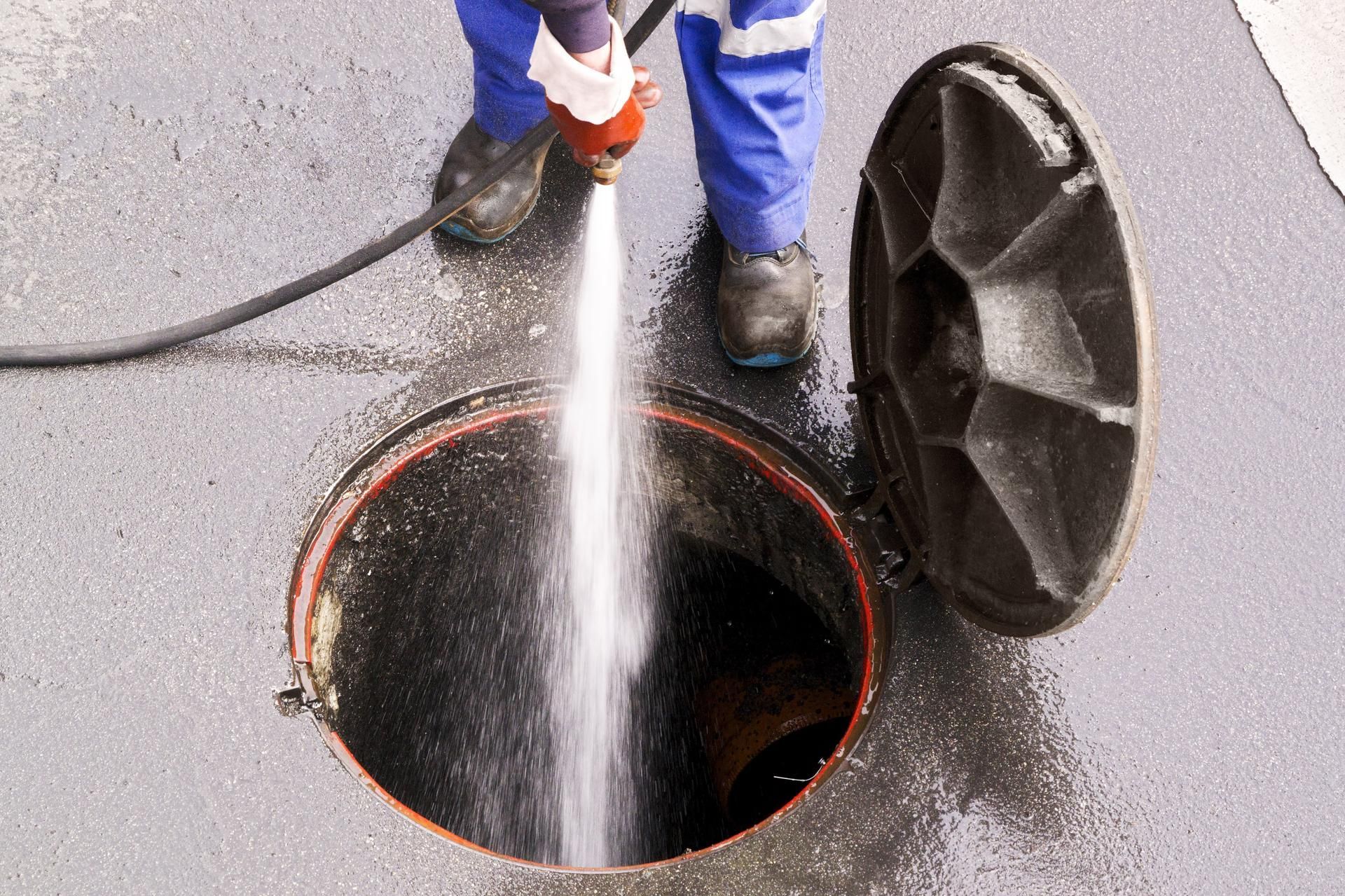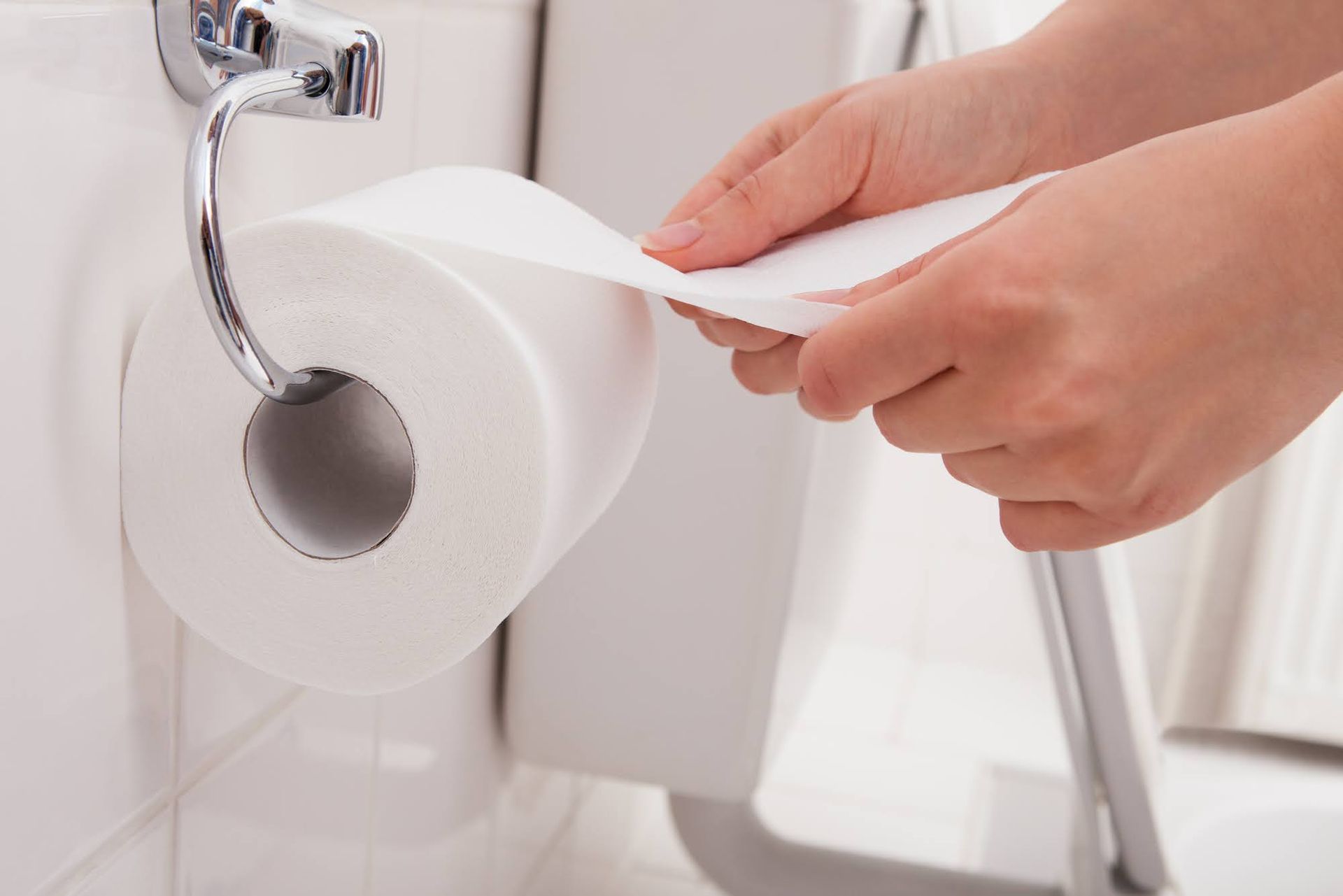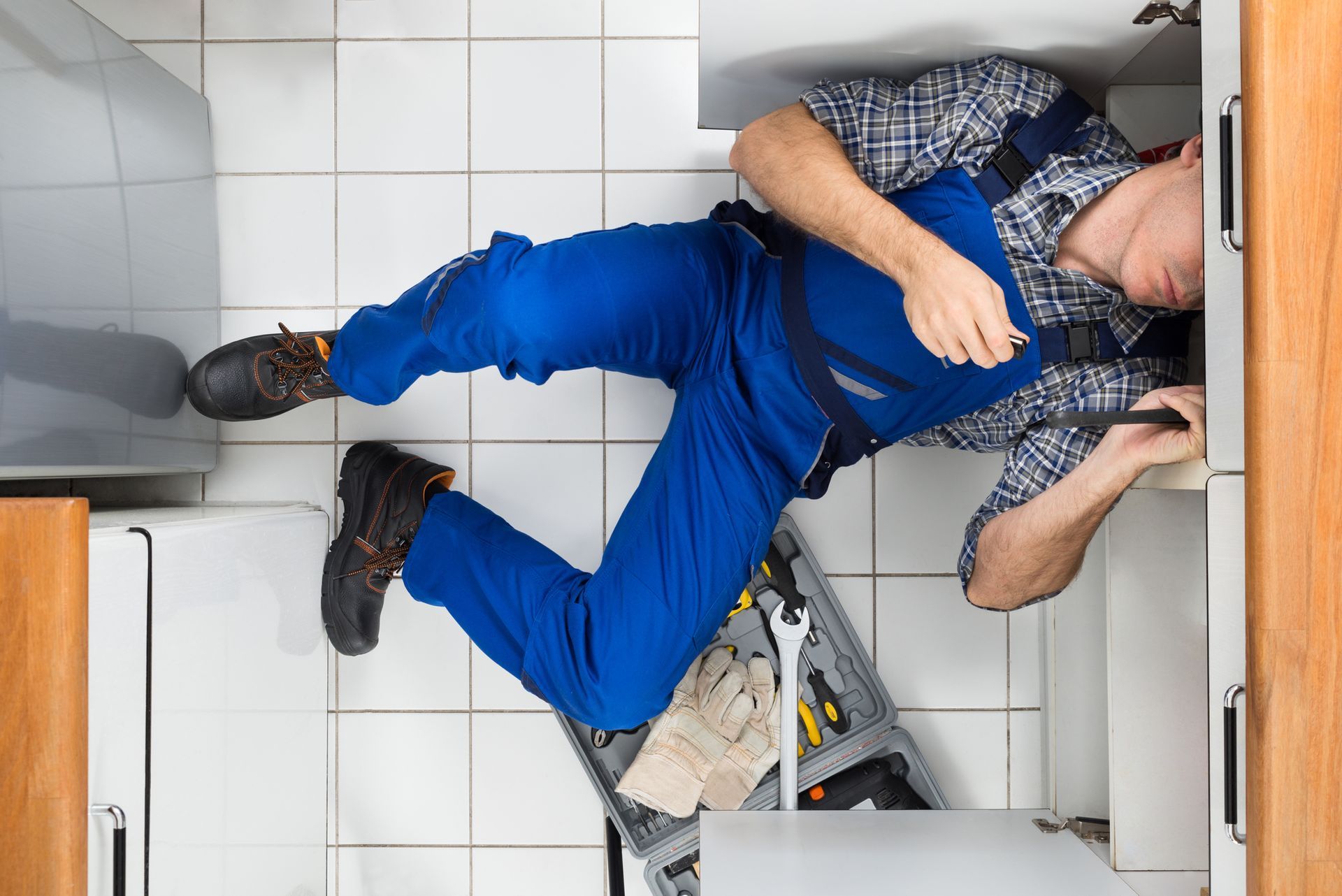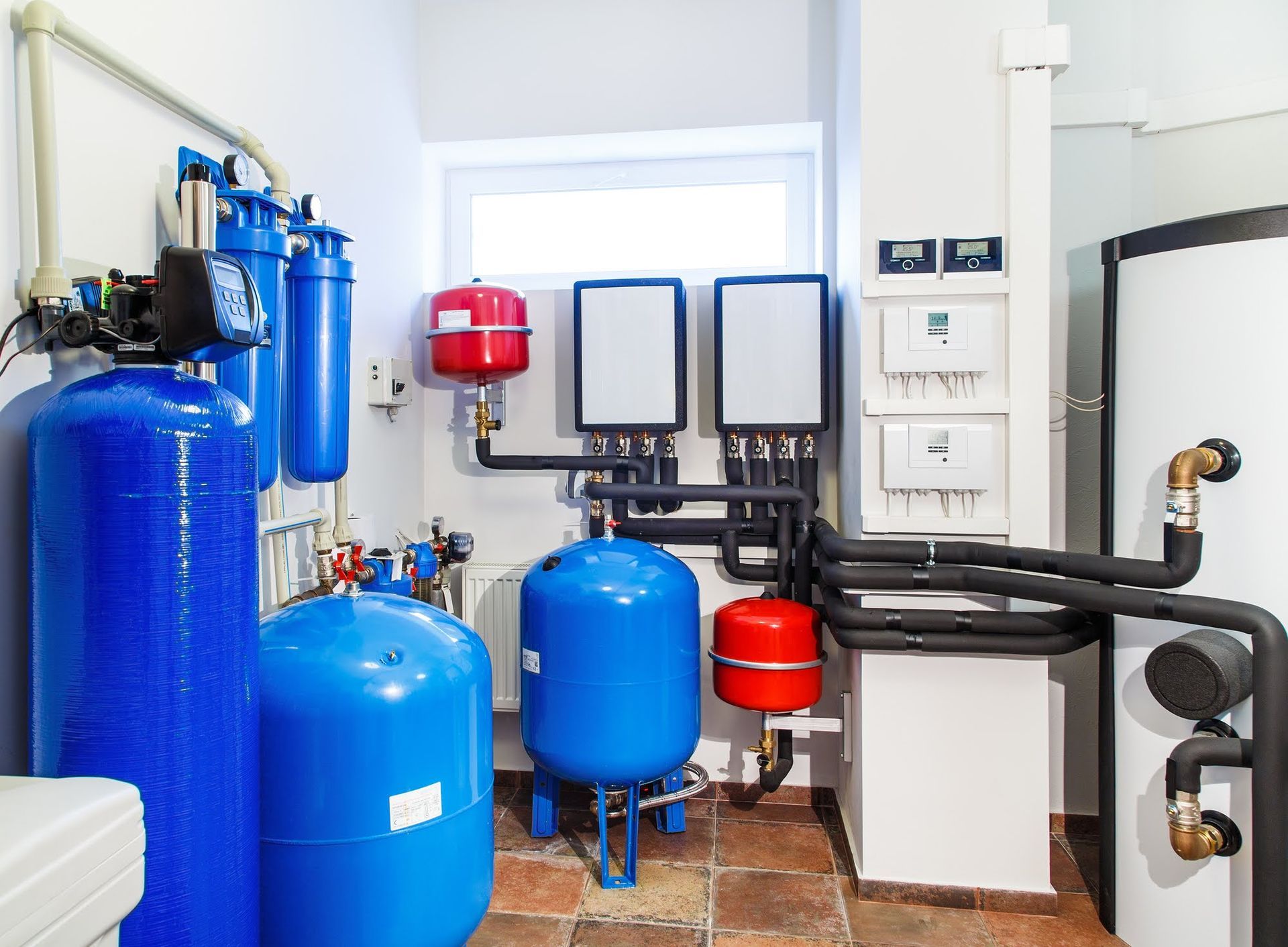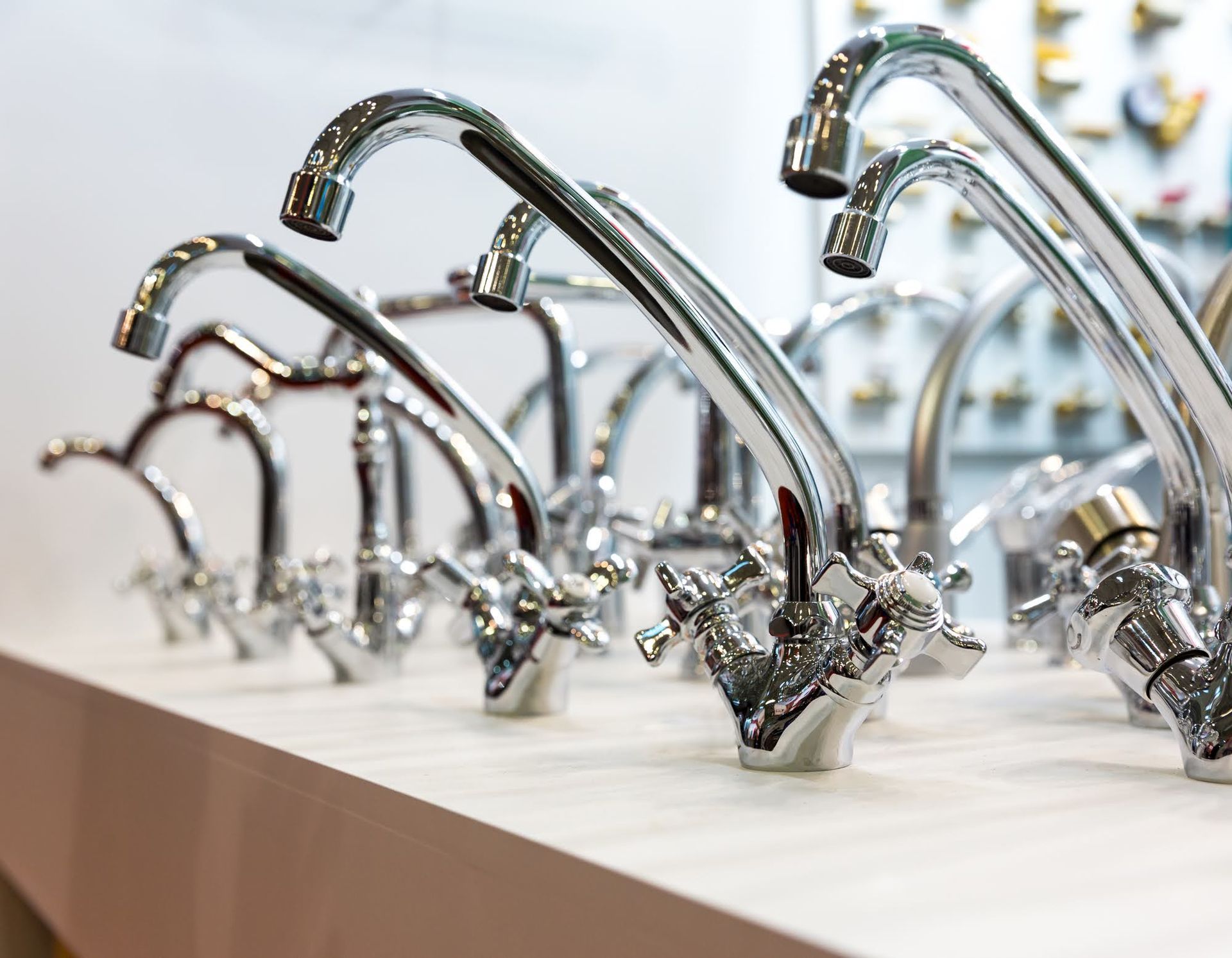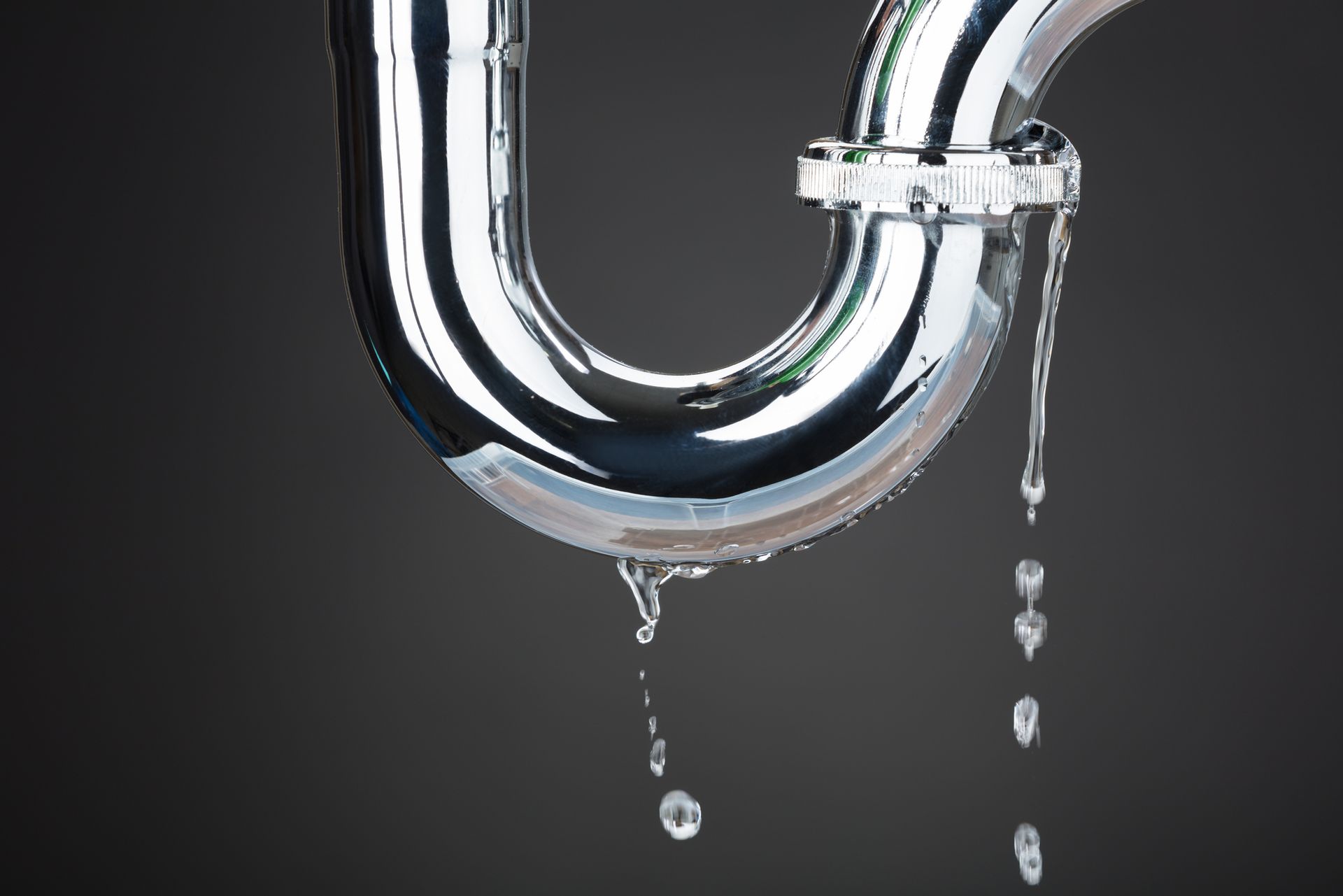Choosing the Right Water Heater for Your Home
Warm water at the turn of a faucet is a modern luxury that many of us take for granted. Behind this everyday convenience lies the unsung hero—the water heater. With various types on the market, choosing the most suitable one for your home can be a tad overwhelming. Dive into the world of water heaters and explore the unique features and benefits of each type.
Tankless Water Heaters
These wonders, often referred to as on-demand or instantaneous heaters, warm water precisely when you desire. Instead of retaining water in a tank, they rapidly heat water as it flows through the unit.
- Pros: They are energy-efficient since they don't maintain heated water when not in use and are typically more compact, saving space.
- Cons: They might have a higher upfront cost and can sometimes struggle to supply enough hot water for multiple uses at once.
For households keen on saving energy and space, tankless water heaters are a forward-thinking choice.
Atmospheric Water Heaters
These are a traditional type of gas water heaters. They rely on atmospheric pressure to draw in and exhaust combustion gases through a chimney or flue. The term atmospheric refers to the venting system and how the oxygen required for combustion is introduced.
- Pros: They are generally less expensive upfront and have been reliably used in homes for decades.
- Cons: They can be less energy-efficient than other types and might require more space for safe ventilation.
Atmospheric heaters offer tried-and-true performance, ideal for those comfortable with conventional solutions.
Power Vent Water Heaters
Distinct from atmospheric units, power vent water heaters use a fan or blower to assist in expelling exhaust gases. This means they don't need a chimney and can be vented using a simple PVC pipe.
- Pros: They offer flexibility in installation due to venting options and improved energy efficiency.
- Cons: They require electricity to operate the fan and might be noisier than atmospheric heaters.
Those looking for a modern twist to traditional gas heaters might find power vent models appealing.
Indirect Water Heaters
Indirect systems do not directly heat the water. Instead, they use the home's space heating system to heat a fluid that circulates through a heat exchanger in the storage tank.
- Pros: They are highly efficient since they capitalize on the heat created by the home's heating system.
- Cons: They depend on the main furnace or boiler, which means no hot water during a breakdown of the primary heating system.
Indirect water heaters are a synergistic choice, perfect for homes with a dependable primary heating system.
Electric Water Heaters
These units use electrical resistance coils to heat the water. As electricity passes through these coils, they heat up, warming the surrounding water in the process.
- Pros: They offer easy installation and generally have a lower upfront cost. They also don't require venting.
- Cons: They can be more expensive to operate, depending on electricity prices in the region.
An electric water heater is an excellent pick for homes without gas lines or those prioritizing straightforward installation.
Solar Water Heaters
Harnessing the power of the sun, solar water heaters utilize solar panels installed on the home's roof. The energy collected heats the water.
- Pros: They are environmentally friendly and can significantly reduce energy bills in sunny climates.
- Cons: They have a high initial investment and might require a backup system in less sunny regions.
For the environmentally conscious homeowner, a solar water heater is an investment in a greener future.
Your choice of a water heater should align with your home's infrastructure, budget, and hot water needs. Whether prioritizing energy efficiency, space, or the environment, there's a water heater out there tailored for you. If you're unsure about the best fit for your home, consult Continental Plumbers to ensure your choice will keep those showers comfortably warm for years to come.
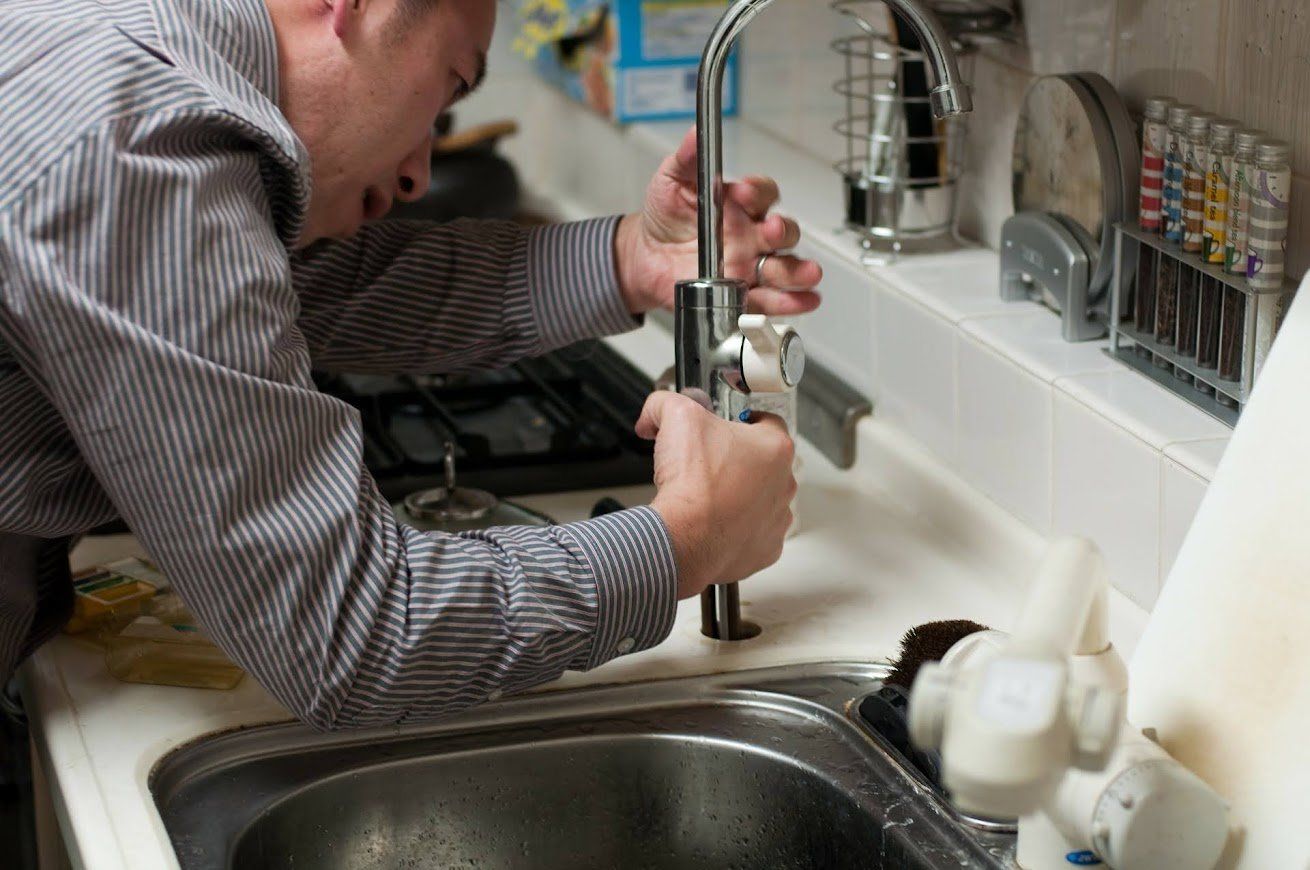
We offer financing
Prefer to pay over time rather than all at once? Prequalify for financing today and contact us to learn more about our services!

Contact Information
Office Hours
- Mon - Sat
- -
- Sunday
- Closed
Phone: (973) 900-0430
Mailing Address:
1374 Stuyvesant Avenue
Union, NJ 07083
Contact Information
Phone: (973) 900-0430
Mailing Address:
1374 Stuyvesant Avenue
Union, NJ 07083
Office Hours
- Mon - Sat
- -
- Sunday
- Closed
